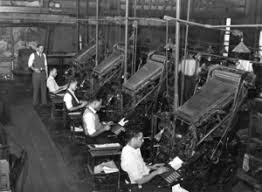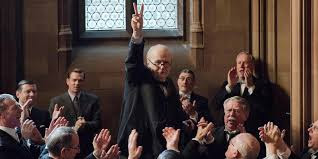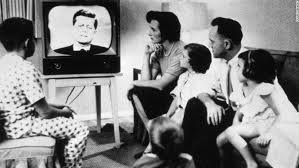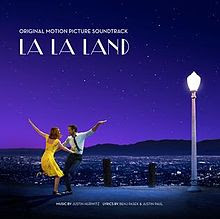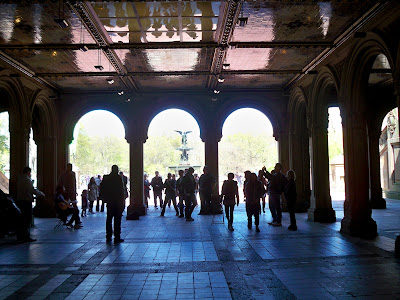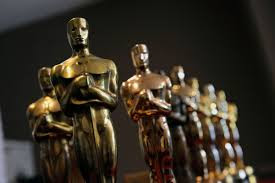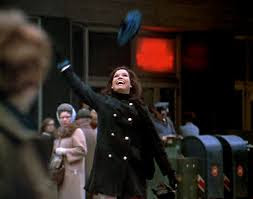Hooray for Analog!
Steven Spielberg’s movie “The Post,” which I saw yesterday, was a rousing paean to the press. But it was also a loving tribute to an analog world.
Reporters pounded out their stories on manual typewriters. Copyeditors used pencil on paper, making those marks that once seemed like a secret language to me — and are now a secret language to almost everyone. Typesetters set lines of type in hot metal, loaded slugs into plates. All the weighty, tangible things of a world left behind.
Now we live a digital life, ones and zeroes. We skitter on top of ice that we may at any time fall through. On Saturday, the people of Hawaii were on high alert for 38 minutes, thinking they were under imminent missile attack — a glitch made possible by one person making the wrong selection in a drop-down menu.
Are some things easier now? Yes, I type, my fingers tapping keys that don’t have to be pounded, correcting errors with a click instead of a messy white liquid. Is it just my imagination, though, or do the stakes seem higher in this unweighted, digital world?
